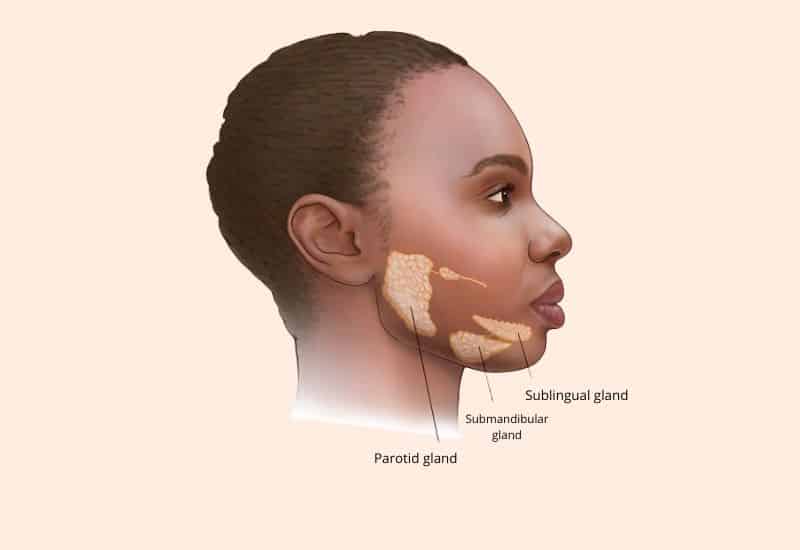Mumps is one of the most common diseases in children. It leads to fevers and causes a big hamster-like face. However, it is to be noted that this can affect the fertility in adults thereby making them sterile.
In this article, we will be discussing what mumps are and if they can contribute to sterility.
What Are Mumps?
Mumps are a type of viral infection that affects one or both of the salivary glands that are located across the ear and upper neck. The mumps will usually come with a fever, headache, and body aches. The glands tend to become tender and eventually become inflamed.
Usually, the mumps affect teenagers and children. However, adults with low immunity can also be prone to this. It is a viral infection that can last from a week to ten days.
Although it doesn’t require any special treatment, it is advisable to follow a proper lifestyle. Taking extra time to rest will help to relax. When you relax, the condition eventually improves.
Are Mumps Dangerous?
While mumps will have a negative impact and cause pain, it isn’t necessarily dangerous. If the sufferer gets it at the right age, mostly during childhood, it won’t affect much. Children who get mumps at their elementary-school age are likely to face any problems. The maximum they can get is swelling on their face.
Mumps can also affect pre-adolescent children. In that state, it is not something to be worried about. Children can take the vaccination to combat this disease. The infection can however have terrible repercussions. Apart from infants, healthy adults can also be prone to mumps.
Mumps And Sterility: Do Mumps Affect Male Fertility?
Mumps tend to affect other glands of the body. Therefore, it can have an impact on testicles and nervous system.
One of the major complications that mumps can have is leading to testicular inflammation. This inflammation usually affects the boys and is referred to as orchitis. This will affect only boys who have undergone puberty or adults.
Orchitis will affect only one testicle. However, in very rare cases, orchitis may affect both the testicles. As a result, mumps can lead to male infertility.
When mumps cause orchitis, the change will eventually become noticeable in the first week itself. The scrotum will swell up and cause intense pain. The scrotal skin will turn red which is a clear indication of infection. Pain due to orchitis is likely to go away within a week. However, it will lead to shrinkage of the testicle.
While in males, mumps leads to orchitis, in the case of females, it will cause swelling of the ovaries. Mumps lead to inflammation of the epididymis and testicles, which rarely affects fertility. However, mumps can reduce sperm count, which is also a major cause of infertility.
There are many studies that suggests, anti-sperm antibodies might have a negative impact on infertility because of the complications this virus causes and this can be the reason why mumps make a small percentage of people sterile.
But the bottom line is that it is pretty rare that mumps affect fertility. If you have ever been diagnosed with mumps, there is a very rare chance of you becoming infertile. But if you are unsure about it, do not forget to consult a doctor, and don’t take any medicine or herbs that are recommended on the online sources.

